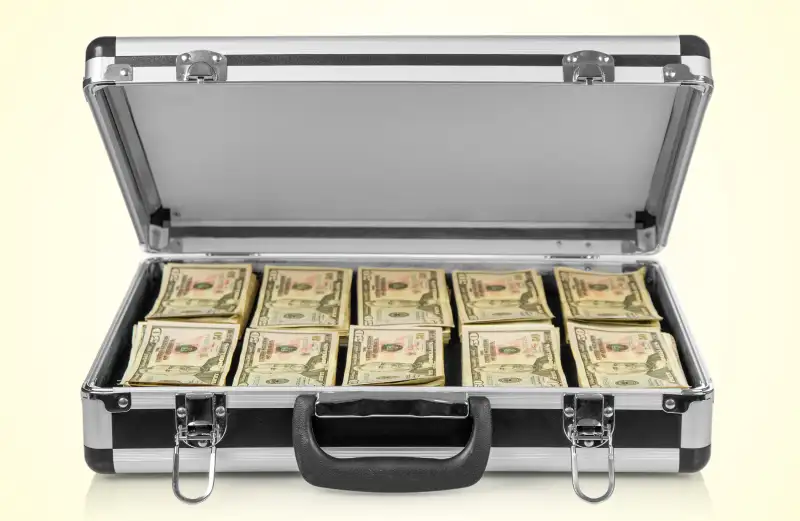Should You Ever Pay Cash for a Home?

While some of us may be struggling just to afford a down payment, there are people out there who are paying for their homes in full in cash. Finding a great property and forgoing all the bank paperwork and loan repayments may seem like a dream, but it can, in fact, be a mixed blessing. So, if you are looking to buy a home and could afford to pay all cash for it, should you?
Running the Numbers
A great place to start in this process is figuring out how much money you would save buying a home in an all-cash payout versus with time-based loan payments. Compare the sticker price to the eventual price tag of your home if paid for with a 15- or 30-year fixed mortgage with a down payment of around 20%. You will save money on interest, but it’s a good idea to factor in the loss of the mortgage interest deduction when it comes to tax time. Also, consider what paying in cash will do to your savings — emergency, retirement and otherwise — in the short term.
Pros
If you truly have the money available immediately and it won’t put you in jeopardy of going into debt if an emergency were to come up, you will most likely save money by not paying interest on a loan. You will also avoid all of the paperwork that comes with securing a loan, pesky closing costs and the often-frustrating loan process.
Your credit history also will not come into play, which may be beneficial if you have a shaky credit past or have run into trouble before while still having considerable savings. You will also have available equity in your home that you could likely tap in case you hit tough financial times. Furthermore, you can only lose the amount of money you have put in because you are not leveraged, meaning you do not need to get as concerned about market fluctuations.
Another benefit is mostly psychological — you actually own your house, giving you a sense of security and pride. Probably most importantly, you are a very attractive buyer to motivated sellers, giving you an edge over other buyers. The deal will be simpler and faster for both sides and buying in cash may even put you in a position you to get a better deal. After all, time is money.
Cons
Paying cash for your home likely means most of your savings or at least a lot of your money will be tied in one asset, leaving less money to invest in other, diversified assets. Also, real estate has a historically lower return on investment than stocks or bonds, meaning you could be losing out overall if other investments would have outperformed the interest on a mortgage.
Additionally, you are sacrificing liquidity, so it’s probably only a good idea to buy a house with cash only if you can afford it without emptying your emergency fund. A home can take months to sell, and borrowing against your home’s equity brings fees and borrowing limits into the equation. You further lose the financial leverage a mortgage provides because your payment is locked in and hopefully received a favorable interest rate. Lastly, you will not qualify for the tax deductions mortgage payers receive, which often total over $10,000 when itemized.
How you pay for your home is a very personal decision and paying in all cash will likely work for some people but not for others. This generally makes sense if the home’s price does not subtract a significant portion of your liquid assets and/or the interest rate you would pay on a mortgage is higher than what you could earn on other investments. It’s important to properly assess your financial situation and long-term investment strategies, the drawbacks as well as the benefits.
Read next: How Much Rent Can You Afford?